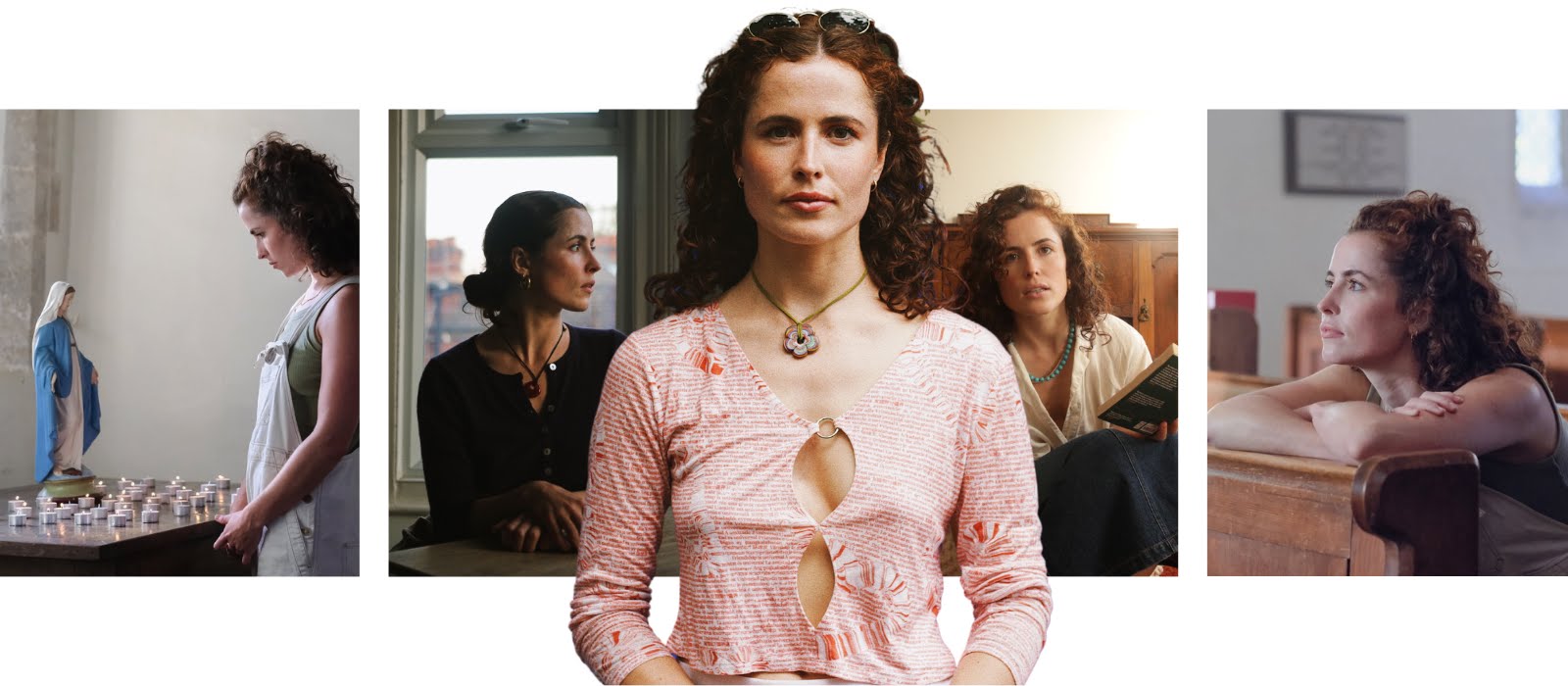Lisa O’Connor talks art, activism, and the magic that happens when the two collide
Award-winning actress and writer Lisa O’Connor sits down with Sarah Gill to talk about the making of her debut film, Fleeting, the shadow cast on rural Ireland by the Catholic church, and bridging generational gaps in ideology through compassion.
On May 25, 2018, Ireland voted to repeal the Eighth Amendment, thereby removing a constitutional ban on abortion. In the lead-up to the referendum, campaigners and advocates across the country used their voices and platforms to educate and encourage this move towards achieving bodily autonomy for Irish women. During this time many difficult conversations played out in front rooms, around dinner tables, and on bar stools in cities, villages and rural corners across the country. That is exactly what Clare actress and writer Lisa O’Connor’s debut short film, Fleeting, is all about. Distilling that moment, that movement, into a 12-minute piece of art imbued with meaning and resonance.


Fleeting follows Saoirse, played by Lisa, as she flies home to cast her vote. Nipping into the pub for a quick pint and a catch-up with her father, played by Brendan Dunlea, it’s clear that he is firmly against the bill. It’s a fictionalised story based on experience, but Lisa’s differs slightly.
“My dad told me he didn’t vote that day, that after all of our discussions about it, he felt too conflicted,” Lisa tells me. “Then when I started writing Spitting Image—which was the working title for what would become Fleeting—my mother told me that he did vote, and he voted no.”





















